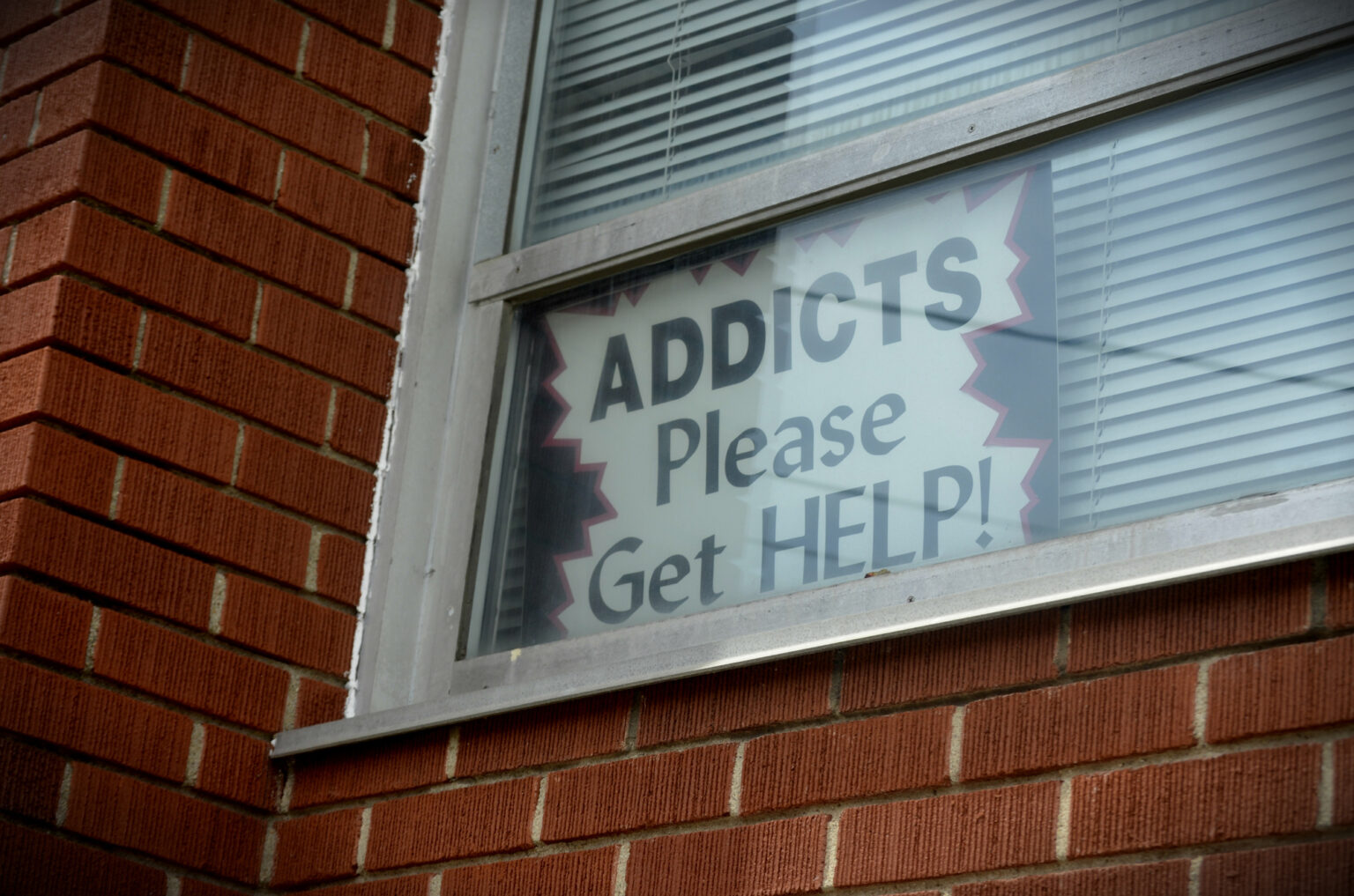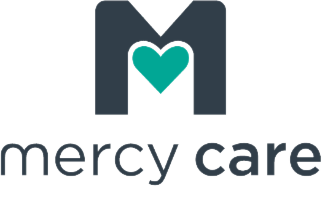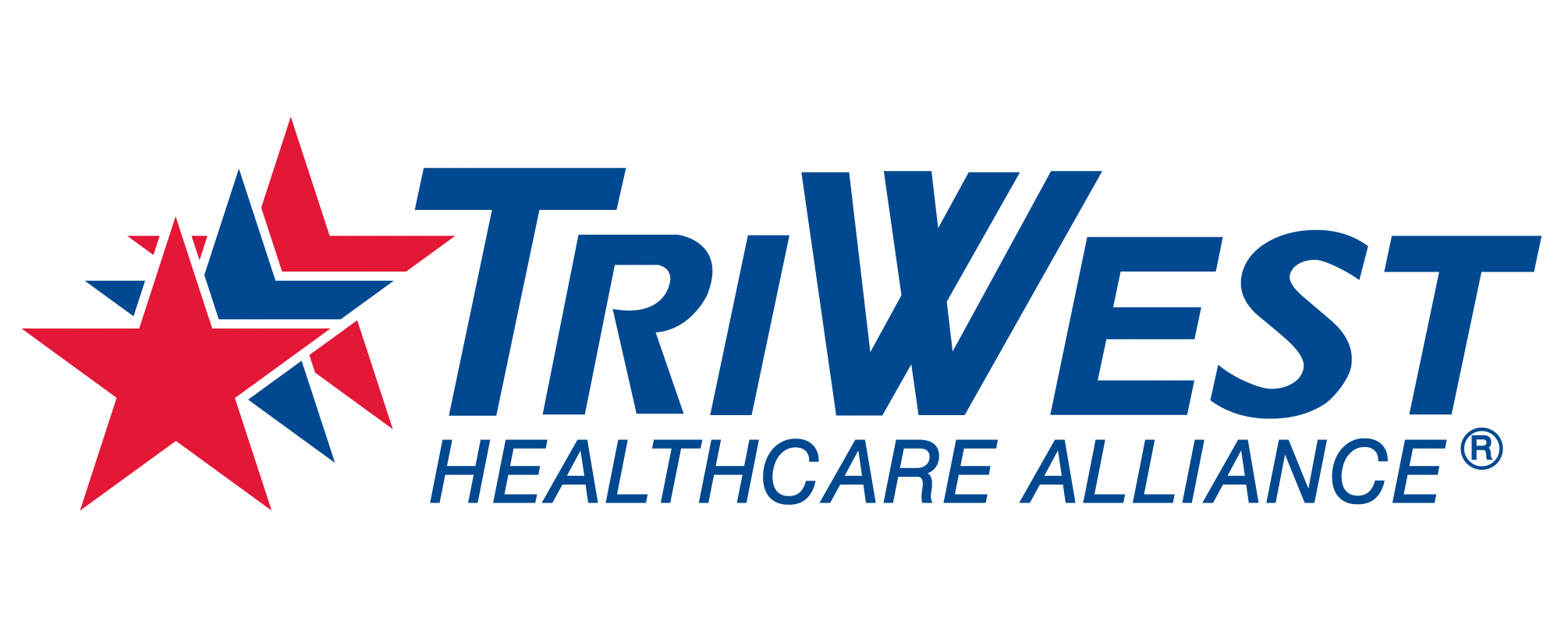If you or someone you know has an opiate addiction, you’re probably reading this because it’s time to seek help. Perhaps you’ve been reluctant to stop using because the withdrawals seem far worse than the drug.
Methadone treatment in conjunction with therapy has proven to help people recover from opiate addiction.
However, you might be apprehensive about going to a methadone clinic because of not know if it works or what it’s all about.
This guide will help clear things up about what exactly a methadone clinic is and how treatment works. It will provide you with all the information you need so you can get the help you need.
What is a Methadone Clinic?
A Methadone clinic is a place where someone who is addicted to an opiate can go to get medication-based therapy. Opiates include heroin and medications such as morphine, codeine, and oxycodone.
Patients are evaluated to determine if medication therapy suits them and are prescribed a specific dose based on that evaluation.
Patients must agree to receive daily treatments of methadone. These treatments aren’t a cure, but help reduce withdrawal symptoms so that they can eventually live drug-free.
This may include:
- Reduction of withdrawal symptoms
- Reduction of opioid cravings
- Reduction of the effects of opioids
- Reduction of the physical need for opioids
Many methadone clinics also offer counseling, 12-step programs, and individual therapy to assist with recovery.
Who Is Eligible for Methadone Treatment?
A methadone clinic determines a person’s eligibility based on an evaluation and screening. This evaluation is confidential and does not discriminate against ethnicity, religion or sexual orientation.
The evaluation might include questions about your medical history and history of drug use.
They’ll ask about any mental health issues or disorders you might have, like depression or anxiety. They will ask about other drugs you might be taking, and how long and how often you use. They may also ask about any attempts you’ve made on your own to stop.
Finally, they will likely ask about your commitment to receiving treatment.
All of these factors will help determine if going to a methadone clinic is right for you. It’s important to be completely open and honest when answering questions so that you will receive the best treatment possible.
How Does the Treatment Work?
Most methadone clinics offer outpatient care, although there are clinics that provide inpatient treatment too. After the assessment, treatment begins with a program that includes methadone and counseling, based on your specific needs.
Depending on the person, recommendations might include individual or group counseling and participation with a 12-step program. This is in addition to taking a daily methadone dose.
You will probably receive your first dose of methadone that day if you’re eligible. Over time the dose will be increased. Most patients receive treatment for at least a year and then slowly taper off.
Goals might be set as to how long treatment will last. You will also set a plan for dealing with issues at home and work or any legal matters so that you can return to living a productive life.
How is Methadone Given?
Most methadone clinics prescribe it in liquid or sometimes pill form. The liquid can be clear, pink or orange. It’s dispensed in small cups and taken in front of a healthcare professional.
Once trust is built, you can be given methadone in bottles to take at home. This is often done after you have clean urine. You will then be required to return the bottles to the clinic before you get new bottles.
You will also be required to keep the methadone in a lock box.
Some clinics will perform random checks. This may include a call where you would be asked to return to the clinic within 24 hours. The clinic will then check how much methadone you have. If you’re taking more than the prescribed amount, you run the risk of having to get your methadone by visiting the clinic every day.
At this point, trust will have to be established again before you can take home medication.
The clinicians at methadone treatment centers understand that the only way to prevent abuse is by establishing trust with their patients. It’s up to you to demonstrate that you are keeping track of your methadone and using it as prescribed.
Are There Any Risks?
Methadone is addictive, which is why treatment is closely supervised. In addition, it does come with side effects.
These side effects might include:
- Lightheadedness
- Shortness of breath
- Chest pain
- Rapid heartbeat
- Confusion or hallucinations
- Muscle tremors
- Nausea and vomiting
- Diarrhea
- Abdominal pain
These symptoms can occur within 20 minutes of taking methadone and then subside. The occurrence of these side effects lasts about 3 days and no more than a week.
Because Methadone is addictive, after recovery from whatever opioid you had been taking, you will then need to overcome the addiction to methadone. It’s not a quick fix by any means.
Coming off of methadone is a slow process. If you do it too quickly, you run the risk of relapse.
Also, you should not take any other drugs, including alcohol, when using methadone. The combination could be deadly.
Because methadone is an opioid, you will encounter similar feelings you got with heroin or other drugs. However, these symptoms of euphoria usually subside. Over time, and once the right dose is found, you will build up a tolerance.
Methadone treatment centers will monitor your intake carefully for your protection.
It’s important to note that under proper supervision, methadone can help a person recover from an opioid addiction.
In addition, the side effects aren’t nearly as severe as withdrawing from an opiate on your own. It is seen as far more tolerable and easier to adjust to, in addition to the benefits of eventual recovery.
Is Methadone Treatment Right For You?
If you are addicted to heroin or another opiate then getting treatment is a good idea. Quitting on your own is hard. Also, the withdrawal symptoms can be brutal.
However, methadone treatment is only right for you if you are willing to go the long haul. It’s not a quick fix by any stretch of the imagination. You must be willing to be held accountable and honest with healthcare professionals.
You also must not take any other drugs while detoxing. Not only will this inhibit your chances of recovery, but the combination of methadone and some drugs can be deadly.
You should also know that methadone treatment should be combined with counseling, therapy or a 12-step program. Addiction is not just a physical disease but also a mental disease. If you don’t have tools to keep you in recovery, you are bound to relapse.
To find out more about treatment at a methadone clinic, contact us. We can help!







